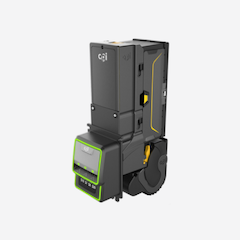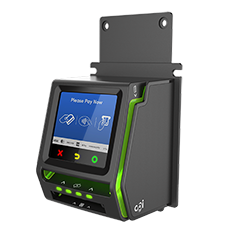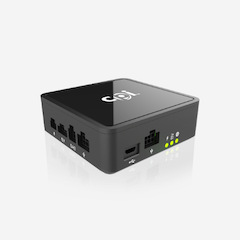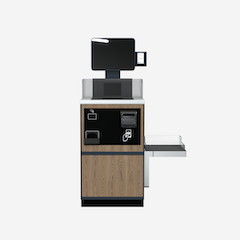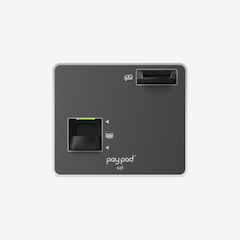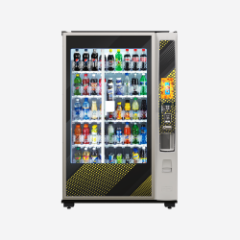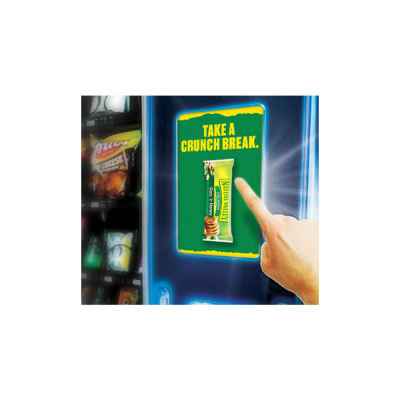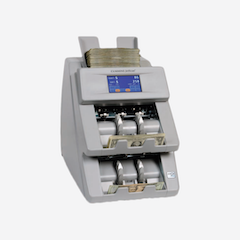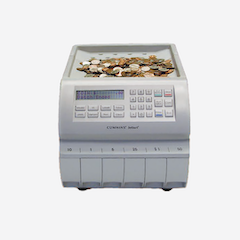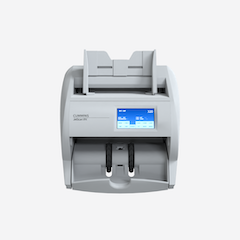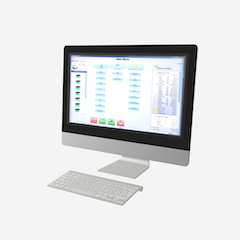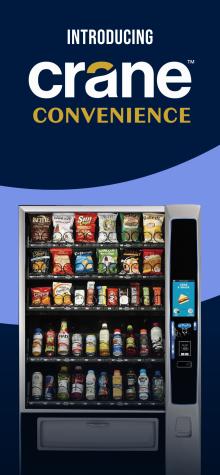In an era where digital innovation continually reshapes consumer expectations, the casino industry stands on the precipice of a radical transformation. The pivot towards cashless payments isn't just a trend but a strategic move that unlocks a realm of opportunities for early adopters. This evolution promises not only to augment the customer experience but also to position pioneering casinos at the forefront of the hospitality and entertainment sector.
The Competitive Edge of Early Adoption
The incorporation of cashless payment systems in casinos transcends mere convenience; it signifies a transformation in the gaming landscape. Embracing this technology proactively allows casinos to set themselves apart, drawing in a wider, tech-savvy audience that appreciates efficiency and innovation. This isn't just a theory; it's a forward-thinking approach that anticipates the desires of upcoming generations of gamers.
Compared to previous years, the average American casino visitor in 2022 was younger and more interested in gaming relative to other forms of entertainment. Consider the millennial and Gen Z cohorts, characterized by their preference for digital transactions and an affinity for experiences over traditional forms of gambling. By catering to these preferences, casinos not only broaden their appeal but also establish a reputation as industry innovators.
Navigating the Waters of Technological Integration
The implementation of cashless payment solutions requires a meticulous approach, balancing ease of use with security. The technology, at its core, must be intuitive, ensuring that customers can transition smoothly from cash to digital with minimal friction. Yet, this simplicity should not compromise security. Cutting-edge encryption and fraud detection systems are imperative to assuage any concerns over data breaches or transactional fraud.
Furthermore, regulatory considerations play a crucial role. Compliance with financial regulations and gambling laws is paramount to ensure that the leap to cashless transactions aligns with legal requirements. Engaging with regulators early in the process, therefore, is not just beneficial but necessary for a smooth transition.
Security Measures: The Foundation of Trust
Trust is the currency of the casino industry. Players entrust their data and financial transactions, expecting not only a fair chance at winning but also the assurance that their information is secure. Herein lies the importance of robust security measures, including two-factor authentication, real-time monitoring of transactions, and secure customer identification processes. 59% respondents to an EY survey mentioned gaining visibility into gaming endpoints is the top data priority. These measures not only protect the customer but also reinforce the casino's reputation as a trustworthy entity as well as help them make better decisions.
Real-World Successes: A Glimpse Into the Future
A few trailblazing casinos have already begun to reap the benefits of mobile transactions. These pioneers report not only an uptick in new customers but also an improvement in operational efficiencies. Reduced cash handling costs, faster transaction times, and enhanced analytical capabilities are just a few of the immediate benefits. Furthermore, the data gleaned from digital transactions provides invaluable insights into customer behavior, allowing for more targeted marketing and personalized gaming experiences.
The Path Forward
The transition to cashless mobile payments in the casino industry is not without its challenges. However, the potential rewards far outweigh the risks. By understanding the technology, addressing regulatory requirements, and implementing robust security measures, casinos can successfully navigate this transition.
The casinos that choose to lead in this domain are not merely adapting to change; they are shaping the future of the industry. Research from the American Gaming Association (AGA) shows that over half of frequent customers would like to use digital payments on the casino floor (rising to 90% for high spenders).3 They will attract a new demographic of players, enhance customer satisfaction, and set a new standard for innovation and safety in gaming.
The question is no longer if cashless payments will become the norm in casinos, but rather, who will have the foresight to lead this charge? The opportunity is vast, and the time to act is now. Early adopters will not just survive; they will thrive, setting the stage for a new era in the casino industry.


